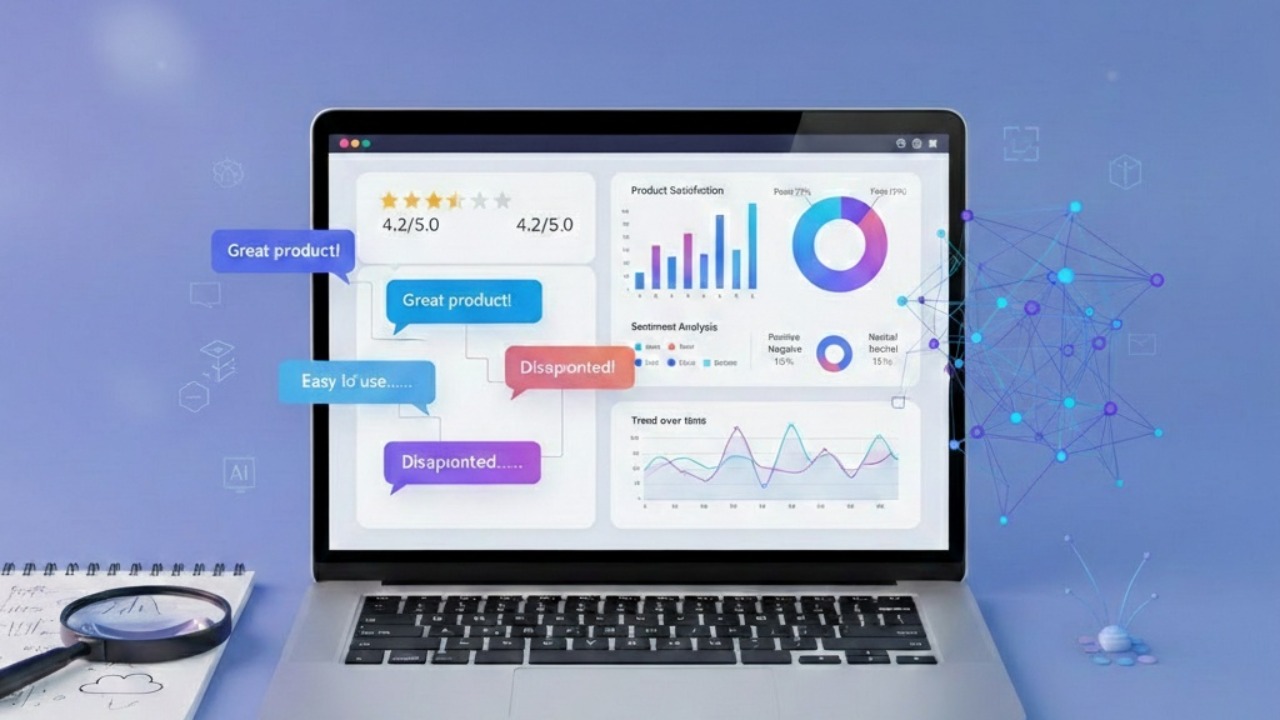Home < Blog < Unlocking the Power of Redfin Housing Data for Your Business
Unlocking the Power of Redfin Housing Data for Your Business
Posted on: June 10, 2024
In today’s fast-paced business environment, data is king. For companies in the real estate sector or those with a stake in property investments, leveraging accurate and up-to-date information is crucial. Redfin, a leading real estate brokerage, offers a treasure trove of valuable insights through its housing data. This article explores how Redfin housing data can transform your business strategies, providing a competitive edge in market analysis, investment decisions, and more.
Understanding Redfin Housing Data
What is Redfin Housing Data?
Redfin housing data encompasses a wide range of real estate information gathered and analyzed by Redfin. This data includes market trends, property values, neighbourhood insights, and more. What sets Redfin apart is its ability to provide real-time updates, ensuring that businesses have access to the most current information available.
Why Redfin Data Stands Out
Redfin’s data is not only comprehensive but also highly reliable. With coverage spanning across the United States, businesses can access localized insights or a broader national perspective. The user-friendly interface makes it easy to retrieve and interpret data, which is crucial for making informed decisions.
Benefits of Using Redfin Housing Data for Businesses
Market Analysis and Trends
One of the primary benefits of Redfin housing data is its ability to help businesses identify market trends. By analyzing data on home sales, price fluctuations, and inventory levels, companies can predict market movements and adjust their strategies accordingly. For example, a real estate firm might use Redfin data to pinpoint emerging neighborhoods that are likely to see a surge in demand.
Investment Decisions
For investors, Redfin housing data is invaluable in assessing property values and growth potential. By studying historical data and current market conditions, investors can identify lucrative opportunities. This data-driven approach minimizes risks and maximizes returns, making Redfin an essential tool for anyone looking to invest in real estate.
Risk Management
Redfin housing data also plays a critical role in risk management. Predictive analytics can help businesses foresee market downturns or upswings, allowing them to make proactive decisions. For instance, a property developer might use Redfin data to determine the best time to launch a new project, avoiding periods of low demand.
Competitive Analysis
Understanding the competitive landscape is crucial for any business. With Redfin housing data, companies can benchmark against competitors, understand their market position, and strategize effectively. This competitive analysis can reveal strengths to leverage and weaknesses to address, ensuring that businesses stay ahead of the curve.
Practical Applications of Redfin Housing Data
Real Estate Development
In real estate development, site selection and project feasibility are key. Redfin housing data provides insights into housing demand, demographic trends, and market conditions, helping developers choose the best locations for their projects. Additionally, monitoring construction trends through Redfin can help developers stay in tune with market needs.
Financial Services
Financial institutions also benefit from Redfin housing data. Mortgage and loan decisions hinge on accurate property valuations and market conditions. Insurers, too, can use this data to assess risk and determine premiums, ensuring that their offerings are both competitive and profitable.
Marketing and Sales
For marketing and sales teams, Redfin housing data is a goldmine. By understanding market demographics and neighbourhood characteristics, businesses can create targeted advertising campaigns. Personalized sales strategies can be developed based on specific data insights, leading to higher conversion rates and customer satisfaction.
How to Access and Utilize Redfin Housing Data
Getting Started with Redfin Data
Accessing Redfin housing data is straightforward. Redfin offers various tools and platforms to help businesses retrieve the data they need. Starting with basic steps such as setting up an account and exploring the available datasets can provide a solid foundation.
Advanced Data Utilization Techniques
For more advanced users, integrating Redfin data with business intelligence tools can unlock even greater potential. Customizing data reports to suit specific business needs allows for more precise analysis and decision-making. This tailored approach ensures that businesses can fully leverage the power of Redfin housing data.
Case Studies and Success Stories
Business Transformations Using Redfin Data
Numerous businesses have transformed their operations by leveraging Redfin housing data. For example, a real estate investment firm used Redfin’s insights to identify high-growth areas, leading to a significant increase in their portfolio value. Such success stories highlight the transformative impact of Redfin data on business growth and strategy.
Lessons Learned
While the benefits are clear, it’s important to be aware of common pitfalls. Businesses should avoid over-reliance on a single data source and instead use Redfin housing data as part of a broader data strategy. Best practices include regular data updates and continuous learning to stay ahead of market changes.
Conclusion: The Future of Business with Redfin Housing Data
In conclusion, Redfin housing data offers immense potential for businesses looking to enhance their market analysis, investment strategies, and overall decision-making processes. By harnessing this powerful tool, companies can gain a competitive edge and navigate the real estate landscape with confidence. As data continues to drive business success, integrating Redfin housing data into your strategy is a smart move for any forward-thinking enterprise.
For more information about data in business, visit Crawl Feeds to download datasets and take your business to the next level.
Latest Posts
Find a right dataset that you are looking for from crawl feeds store.
Submit data request if not able to find right dataset.
Custom request



